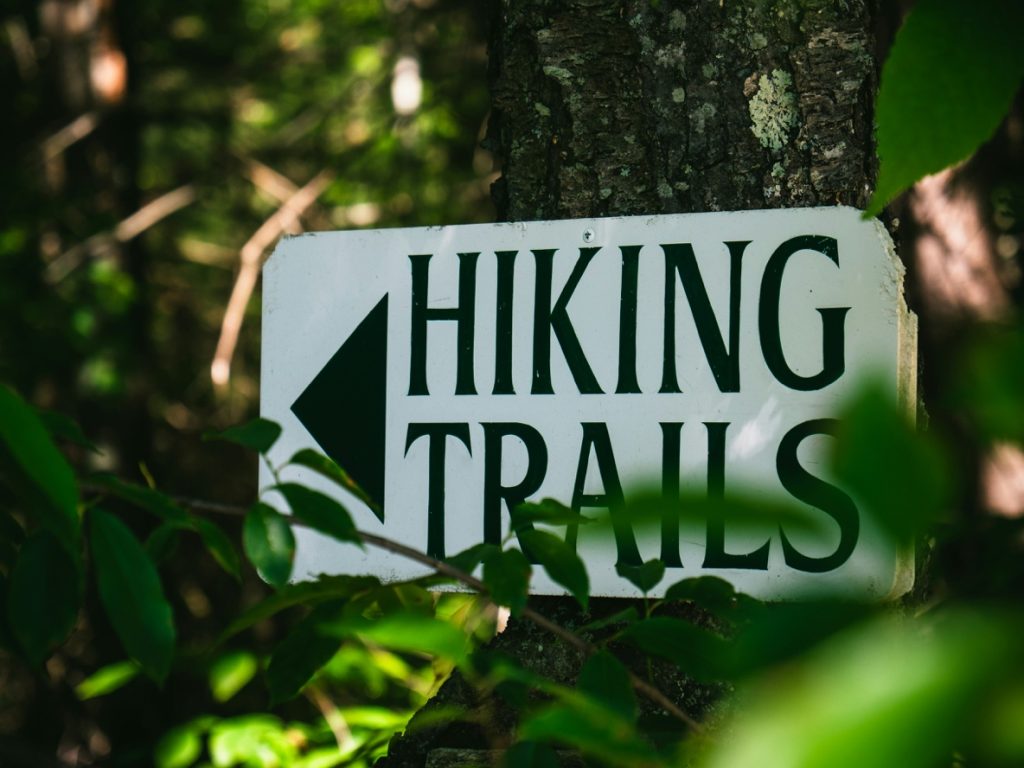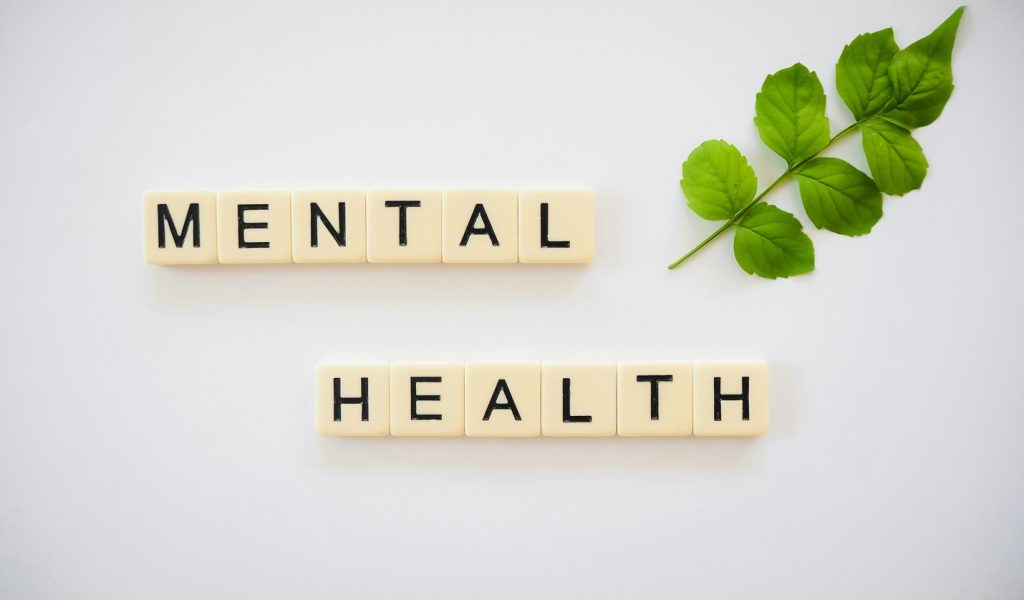We all understand that physical activity is essential for a healthy lifestyle. Yet, modern life keeps many of us busy from dawn till midnight—tied to desks, gadgets, and endless to-do lists. Add to that the sedentary lifestyle, late nights, processed food, and poor sleep habits, and our biological rhythms are thrown off balance, leading to a cascade of health issues.
Fortunately, awareness about health and fitness is growing, especially among people who want to break free from this cycle. Different forms of exercise—walking, running, swimming, strength training, yoga, or gym workouts—are excellent ways to stay active. But one activity that combines fitness, mental clarity, and adventure like no other is hiking.

Why Hiking Is More Powerful Than Plain Walking
Walking is one of the simplest and most accessible exercises, and it should absolutely be part of a daily routine. But hiking takes things a step further—literally and figuratively. Hiking isn’t just walking; it’s walking with purpose, challenge, and connection to nature.
Higher calorie burn– Hiking on uneven trails and inclines requires more effort than flat-surface walking. Studies show that a 160-pound person can burn about 200–210 calories in 30 minutes of hiking, compared to only 125–135 calories from brisk walking.
Full-body workout– Climbing uphill builds leg and core strength, while descending strengthens stabilizing muscles and joints. Unlike flat walking, hiking constantly challenges balance and coordination.
Bone and joint resilience– Trails put varying stress on bones and joints, which strengthens them and helps maintain bone density over time. This makes hiking especially beneficial for preventing age-related bone loss.
Mental and Emotional Benefits
Nature as medicine- Hiking often takes place in scenic environments—forests, riversides, mountains that naturally lower stress hormones, reduce anxiety, and improve mood.
Mindful movement- Navigating trails keeps your mind active while freeing you from distractions like phones and screens. This builds focus and mental clarity.
Creativity boost- Research suggests time in nature can improve creative thinking and problem-solving by up to 50%, making hiking not just exercise for the body, but also a recharge for the brain.
Walking around a city block can become monotonous, but hiking is rarely the same twice.
Reaching a summit or completing a trail gives a rewarding sense of accomplishment.
Every hike feels unique—you might discover new views, wildlife, or plants, adding variety and excitement to your fitness routine.
Social and Lifestyle Advantages
Hiking often becomes a shared experience, whether with friends, family, or hiking groups. It strengthens bonds and creates lasting memories.
It inspires exploration of local parks, forests, or even distant landscapes, reminding us that fitness can be combined with adventure and travel.

What We Often Overlook
While most people know hiking is “healthy,” fewer realize the extent of its benefits compared to plain walking:
Hiking can increase energy expenditure by 20–30% more than flat walking.
It improves cardiovascular health more effectively because trails naturally mimic interval training (alternating effort uphill and recovery downhill).
Over time, hiking supports stronger muscles, better oxygen intake, improved balance, and even increased longevity.
Hiking alone can spark reflection and creativity, while hiking with others adds social enrichment—both equally valuable experiences.
How Often and How Long Should You Hike?
Your hiking routine depends on your schedule, fitness level, and nearby opportunities. But here are some simple guidelines:
Twice a week is ideal for most people, even if each hike lasts just 1–2 hours.
Once a week can still bring meaningful benefits if weekdays are too packed.
Not every hike has to be a day-long expedition or camping trip. Even short local hikes count!
The key is consistency. Regular hiking—even in smaller doses—adds up to significant improvements in health and well-being.

Hiking: A Cost-Effective Path to Health
Unlike gym memberships or expensive workout equipment, hiking is low-cost and accessible. Most trails are free, and all you need is a pair of supportive shoes. In return, you gain improved immunity, stronger mental resilience, and fewer lifestyle-related illnesses.
And the best part? Many of us live in regions rich with forests, rivers, and mountains waiting to be explored. Nature is truly a gift—it costs nothing but rewards us with better health and joy.

Hiking: A Cost-Effective Path to Health
Unlike gym memberships or expensive workout equipment, hiking is low-cost and accessible. Most trails are free, and all you need is a pair of supportive shoes. In return, you gain improved immunity, stronger mental resilience, and fewer lifestyle-related illnesses.
And the best part? Many of us live in regions rich with forests, rivers, and mountains waiting to be explored. Nature is truly a gift—it costs nothing but rewards us with better health and joy.

Final Thoughts
Walking is wonderful and should never be discounted—it keeps the body moving and the heart healthy. But hiking elevates that experience, offering a workout that’s richer in challenge, variety, and benefits.
So, the next time you’re thinking about exercise, consider stepping off the pavement and onto a trail. Go with friends to share stories and laughter or go solo to reflect and recharge your mind. Either way, hiking will leave you stronger, calmer, and happier.
Engage with nature, embrace the adventure, and enjoy the gift of hiking!!!

Leave a Reply to Priya Cancel reply